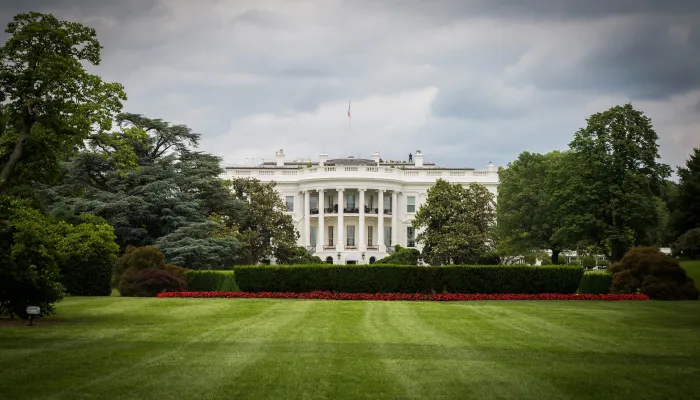Sen. John Thune (R-SD) introduced a deficit reduction and budget reform bill yesterday, aptly titled the Deficit Reduction and Budget Reform Act of 2010. The bill sets (non-security) discretionary spending limits and makes numerous changes to the budget process.
Thune doesn't stipulate specific discretionary spending amounts, but his bill does specify that for every year there is a budget deficit, non-security discretionary spending is limited to the FY 2008 level adjusted for inflation. The unclear part is whether the starting point, FY 2011, is the FY 2008 number unadjusted or if the starting point is the FY 2008 number adjusted for inflation. While it may seem like minor semantics, the difference actually is pretty significant: about $20 billion per year. In addition to the discretionary caps, Thune also included an oft-used, more-oft-ignored provision to end all unobligated ARRA spending.
Now onto the budget process reform. The most significant reform is one that has been talked about in past years: a shift to biennial budgeting. Since Congress rarely passes appropriations bills on time, a two-year process would give them more time to do so. Under this proposal, two-year budgets would be made on odd-numbered years and two-year appropriations bills would be made on even-numbered years. Additionally, a joint binding budget resolution would be required by law before any appropriations bills may be considered. Also, the bill would institute a line-item veto and reforms PAYGO to prevent "trust fund accounting."
Lastly, the bill would establish a 20-member Joint Committee on Deficit Reduction that would propose savings equal to ten percent of the previous year's deficit (if there was one). The Committee's recommendations would be fast-tracked in Congress.
Thune's bill is a great step in terms of budget reform. It makes changes to ensure that Congress actually gets a budget done on time and that it doesn't let spending get out of control. A few suggestions we'd make would be to widen the net for the spending limits to all discretionary spending and to establish a fiscal goal to ensure that savings are applied to debt reduction.
The proposal is a welcomed addition to the discussion over how to reform the budget process and put the country on a sustainable fiscal path. Later this year, the
Peterson-Pew Commission on Budget Reform will issue its own budget process reform recommendations.


